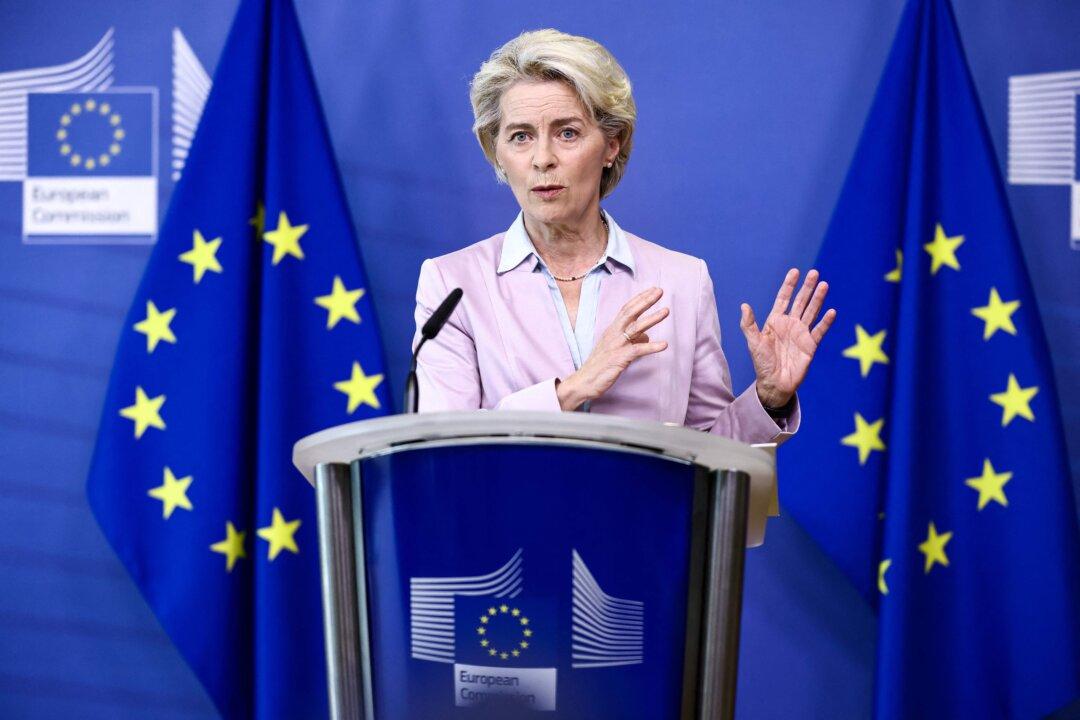Commentary
“Man, surrounded by facts, permitting himself no surmise, intuitive flash, no great hypothesis, no risk is in a locked cell. Ignorance cannot seal the mind and imagination more surely.”—Lillian Smith

“Man, surrounded by facts, permitting himself no surmise, intuitive flash, no great hypothesis, no risk is in a locked cell. Ignorance cannot seal the mind and imagination more surely.”—Lillian Smith